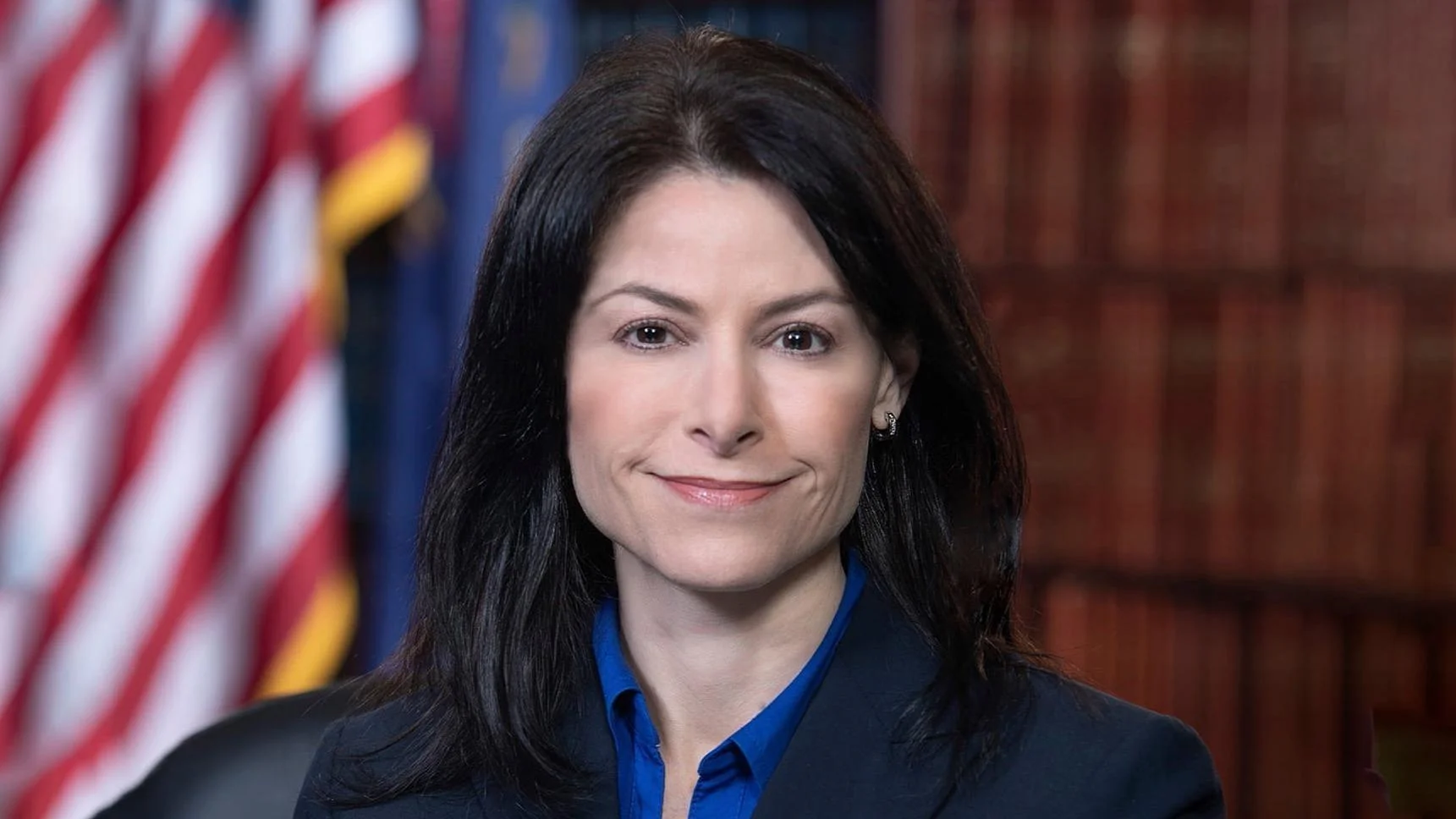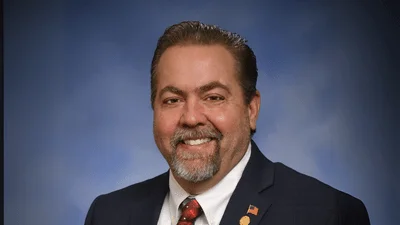Dana Nessel, Attorney General of Michigan | www.facebook.com
Dana Nessel, Attorney General of Michigan | www.facebook.com
The deadline for Michigan municipalities to join the $720 million National Opioid Settlement with eight pharmaceutical companies has been extended to November 5. This extension gives local governments more time to complete participation forms and secure direct payments. Michigan Attorney General Dana Nessel urged eligible municipalities that have not yet signed on to do so before the new deadline, as Michigan could receive up to $24.5 million from this settlement.
“Opioid settlement dollars have already proven to make a real difference in our fight against the opioid epidemic,” Nessel said. “These funds can have an even greater impact when every eligible local government takes advantage of the national settlement, and I hope they use this extended deadline to sign on.”
The settlement involves Mylan (now part of Viatris), Hikma, Amneal, Apotex, Indivior, Sun, Alvogen, and Zydus. It allows 279 local units of government in Michigan—referred to as subdivisions in the agreement—to participate. The Department of Attorney General has published a list of eligible subdivisions on its website. Subdivisions needing help with participation forms are encouraged to contact the department for guidance before November 5.
Since 2019, Attorney General Nessel has focused on addressing the opioid crisis and holding accountable those involved in it. As a result, over $1.8 billion has been secured for Michigan governments through settlements with companies such as McKinsey & Co., major distributors like Cardinal Health, McKesson Inc., AmerisourceBergen, Janssen Pharmaceuticals, Teva Pharmaceuticals, Allergan Pharmaceutical, CVS, Walmart, and Walgreens. These funds support opioid-use disorder treatment and related remediation efforts across state and local governments.
Provisional data from the Michigan Department of Health and Human Services shows a significant decline in overdose deaths—a reduction of about 34% between 2023 and 2024—which equates to roughly 1,000 fewer deaths during that period. This improvement is attributed to ongoing investments in prevention, treatment programs, recovery services, and harm-reduction strategies funded by previous opioid settlements.




 Alerts Sign-up
Alerts Sign-up